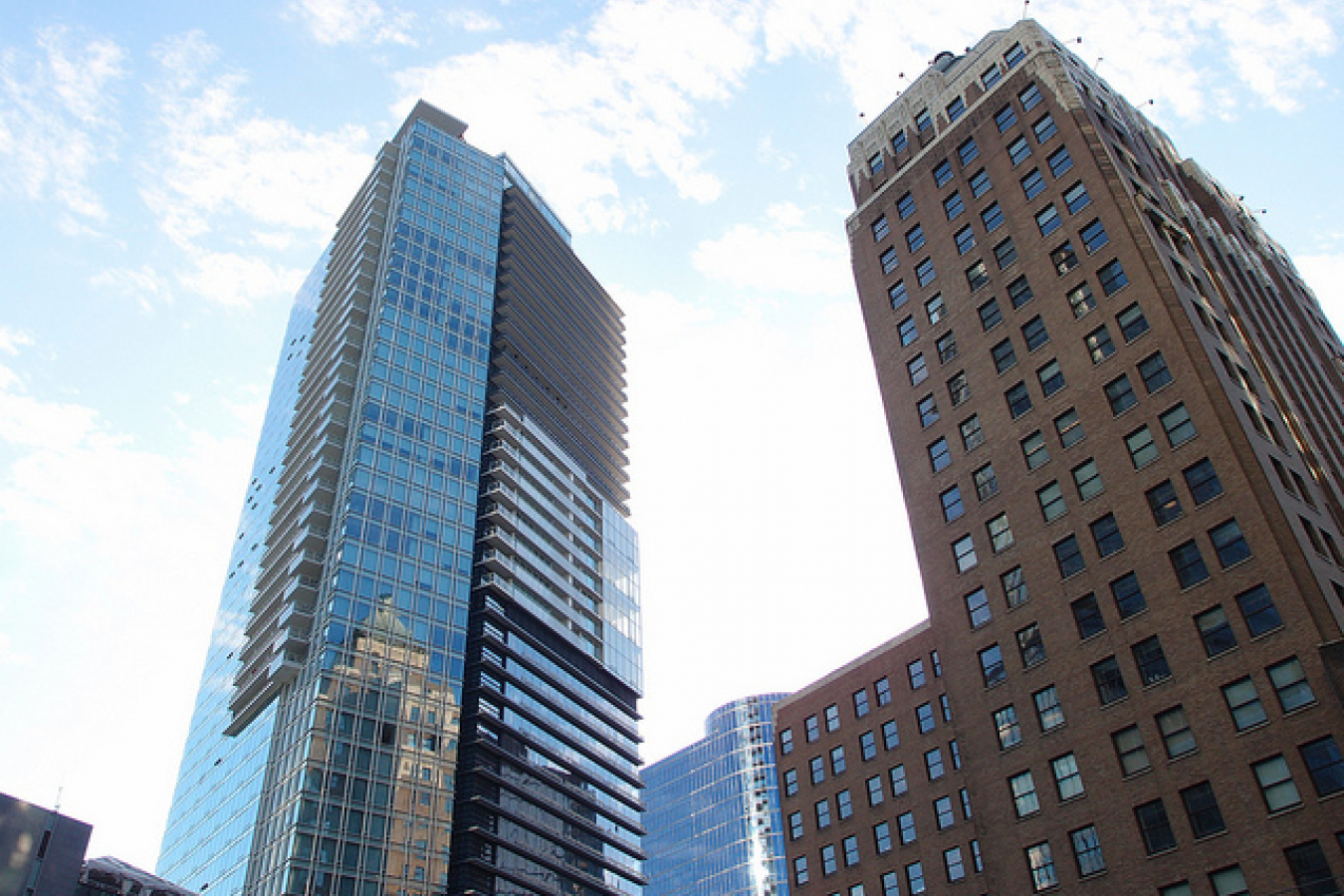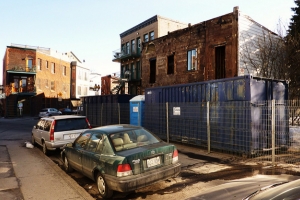Support migrant centric journalism today and donate

At a meeting of Canadian provincial and territorial government ministers last week, the provincial leaders called for increased powers to set their own immigration policies similar to the system currently in place in Quebec. Ontario premier Dalton McGuinty told a press conference in Halifax, Nova Scotia 'we want greater flexibility. We want to become masters of our own destiny when it comes to the immigration file.' He continued 'Nobody understands our needs and our capacity to accommodate and our capacity to develop new Canadians, so that they can contribute to their fullest, than the provinces themselves. So, we're just saying to the feds "give us some more space. Let us run this"'
Canada is a federal country consisting of ten provinces and three territories. Both provinces and territories have legislatures that are, in most provinces and territories, known as the Legislative Assembly. Each province and territory has a premier, who is usually the leader of the party with the most seats in the Legislative Assembly. The premier will have a cabinet of ministers. Provinces and territories have responsibility for many local issues. However, immigration is managed largely by the federal government, except in Quebec.
Quebec was originally a French colony whereas the rest of Canada was largely settled by English speaking colonists. Many in the province want independence from Canada. Indeed, the current provincial government is run by the Parti Quebecois which advocates secession from Canada. Quebec's special position in the Canadian federation means that it has often had greater independence from the federal government than other provinces and territories. Under the Canada-Quebec Accord, which was signed in 1991 after tough negotiations, the Quebec provincial government negotiated almost complete control of immigration into Quebec. It has established the Quebec Skilled Worker Program (QSWP) which provides an alternative path for skilled migration for those wishing to settle in Quebec. While the successful applicants are selected by the Quebec government, the actual permanent residence visas are issued by the federal government after health and security checks have been completed. 36,000 permanent resident visas are issued annually under the QSWP.
At present, other provinces and territories have some, limited autonomy on immigration through the 'provincial nominee programs' which allow them to nominate certain workers for permanent resident status. However, though the provincial nominee programs have been expanded over recent years, only 42,000 people gain permanent resident status through provincial nominee programs in the other nine states and three territories of Canada combined. The provincial and territorial governments want to see this number increased greatly.
Regional governments want the same level of independence as Quebec. The premier of British Columbia, Christy Clark told the Halifax press conference, 'We want more space to be able to make our decisions about which immigrants will come to our provinces, where they will be settled and how many we'll get, because it's provincial governments that drive national economies.'
WorkPermit.com can help. WorkPermit.com is a specialist visa consultancy with over twenty years of experience dealing with visa applications. We can help with a wide range of visa applications to your country of choice. Please feel free to contact us for further details.





















